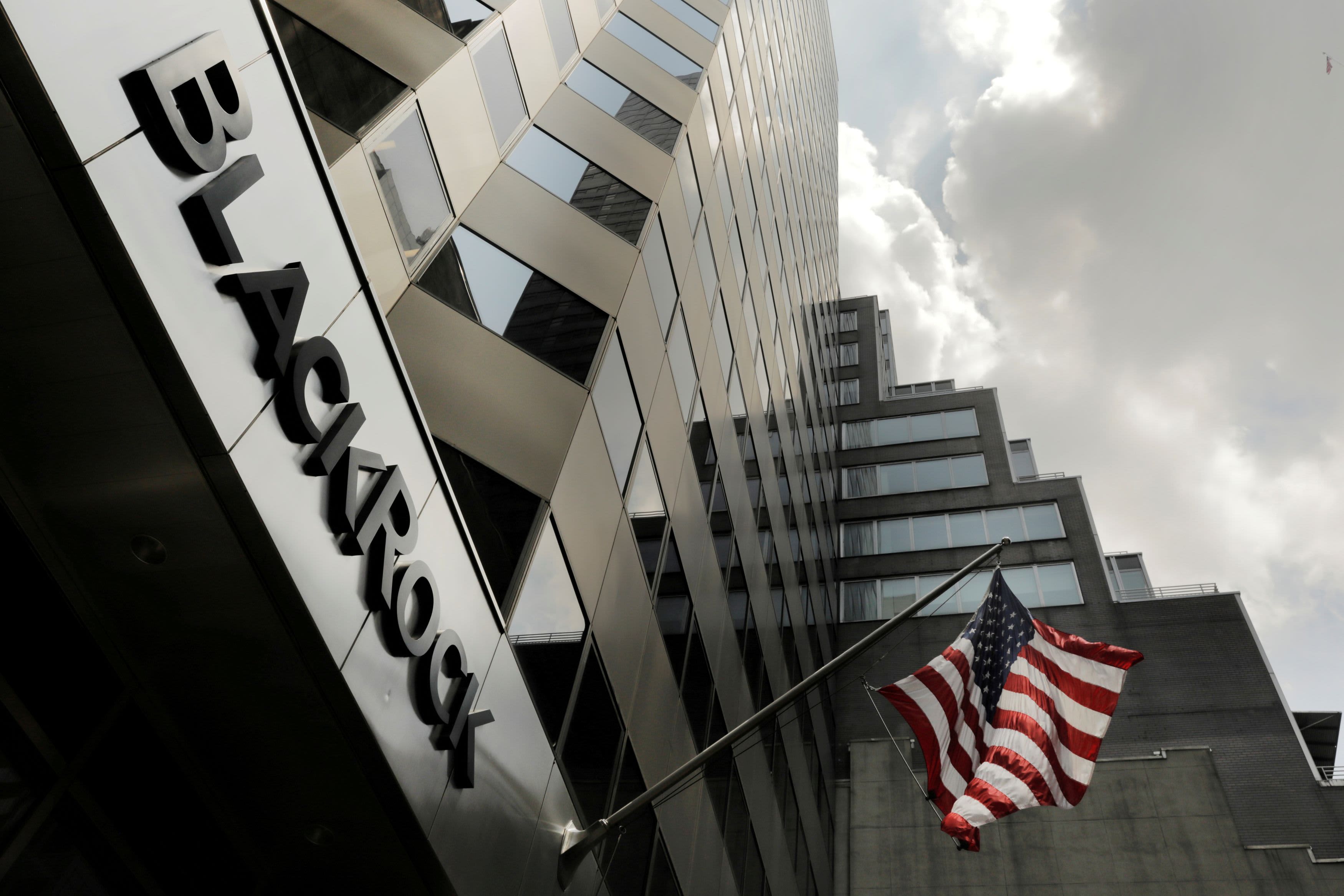BlackRock bond expert explains where not to put your money right now
An indication for BlackRock Inc hangs above their constructing in New York.
Lucas Jackson | Reuters
In mild of the tempo of Covid-19 vaccine rollouts and doubtlessly hefty fiscal stimulus within the U.S., the BlackRock Investment Institute is choosing a extra risk-on strategy in 2021.
The U.S. funding home on Monday introduced that it had downgraded authorities bonds to underweight and credit score to impartial, whereas upgrading equities. To go “underweight” is to maintain much less of an asset than benchmark indexes, implying a perception that the asset will underperform.
Rising inflation expectations have pushed the benchmark U.S. 10-year Treasury yield increased in latest weeks, prompting a pullback for resurgent inventory markets as buyers questioned whether or not unprecedented ranges of stimulus from central banks might be unwound sooner than anticipated.
However, talking to CNBC’s “Squawk Box Europe” on Tuesday, BlackRock Chief Fixed Income Strategist Scott Thiel highlighted that the rebound in Treasury yields was not significantly important in a historic context, and actual yields — these adjusted for inflation — had remained steadily detrimental.
“We think that the economic impact of the Covid crisis will be about a quarter of the economic impact of the global financial crisis, but the stimulus is something like four times more,” Thiel mentioned.
“So when we try and apply a kind of cyclical rulebook or gameplan to this crisis, it misses a lot of the important aspects, and one of them is this idea that the economy will really come out of this very aggressively.”
In a notice Monday, BlackRock strategists highlighted {that a} 1% improve in 10-year U.S. breakeven inflation charges – a measure of market inflation expectations – has sometimes led to 0.9% rise in 10-year Treasury yields since 1998.
“Yet since last March breakeven inflation has climbed 1.2%, and nominal yields are up just 0.5%. Inflation-adjusted yields, or real yields, have fallen further into negative territory as a result,” they mentioned, demonstrating how the Covid shock differs by way of the tempo of restoration of financial exercise.
High-quality progress and cyclical shares
Technology shares have been among the main victims of the jittery spell in fairness markets brought on by rising bond yields, as buyers shied away from so-called progress shares and favored extra economically-sensitive cyclical names forward of an anticipated financial restoration.
Growth shares are these of corporations seen as working a major and sustainable optimistic money circulation and with larger future earnings, with revenues anticipated to develop quicker than that of trade friends.
However, Thiel instructed that among the key themes to have emerged from the coronavirus disaster — which have seen Big Tech stocks energy markets to file highs for the reason that March 2020 market downturn — are right here to keep.
“Many of the Covid-related trends are here to stay and they may fluctuate over time, but there has obviously been a big shift to online and we expect that to continue,” Thiel mentioned.
“But we also think investors need to have exposure to the cyclicality, to the re-emergence of global trade, which is why we like emerging market equities and why in part we have moved our European equity underweight to neutral.”
Thiel instructed that buyers wanted publicity to each side of the U.S.-versus-China “bipolar world” in fairness markets, however expects the underlying fee surroundings to be “mission critical.”
“That is our new nominal, the idea that interest rates — particularly real rates — will rise, but not as much as they would historically and will be less volatile and thus far that is what we have seen,” he added.
BlackRock has adopted a impartial stance on company credit score and mentioned in Monday’s notice that it now favors equities due to extra engaging valuations.
“Our view there on a tactical basis is that spreads are back to pre-Covid levels, interest rates themselves are very low, so from a total return perspective, we see the corporate bond market being more challenged than we do equity markets,” Thiel defined.
“On a strategis basis, it is the same idea, that valuations look very full and we would prefer equities.”



